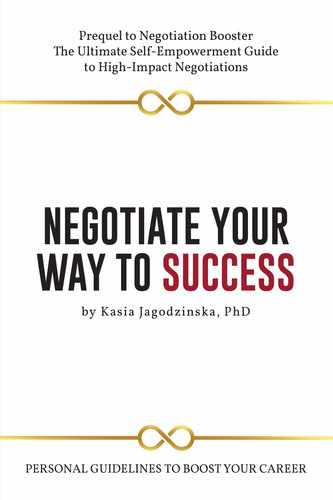THE second runner-up on my list of “favorite” interview questions that I compiled during my interviewing crusade was to talk about my main weakness (the first one was, of course, the career drawing). Since an interview is not a court hearing, I never felt compelled to tell the truth and nothing but the truth. Neither should you be. The cliché way out of this tricky situation is to talk about a vice that is disguised as a virtue and does not affect the job you are applying for. Banalities seldom serve any higher purpose, neither for the interviewer nor the interviewee.
Some say that focusing on weaknesses can help you grow and develop. I disagree. It is much more productive (and enjoyable) to enhance your natural talents. We all have a finite amount of energy and self-discipline. If we channel all our attention to correcting weaknesses, sooner or later, something will have to give. It is only a matter of time before demotivation steps in. Therefore, limited resources need to be distributed wisely. Efficiency theory states that peak performance is achieved by using the least amount of inputs to achieve the highest amount of output. Consequently, focusing on utilizing your talents will increase the chances of obtaining your desired objective in the long run.
I always liked the saying, “Love what you do and do what you love” (Ray Bradbury). It is such a positive and liberating message that it can serve as a guide for your career choices. Since you will spend the majority of your time working, would it not be better to occupy yourself with something that you actually enjoy doing? This revelation was the proverbial drop that spilled the glass for me when I decided to quit my law firm job. At one point, I found myself wondering, “Is this all there is to work life?” The vision that this state would continue for the foreseeable future frightened me, but it also and gave me a boost to alter my career track. Once that question pops up, there is no turning back. Change is only a matter of time.
Ironically, finding out what you truly like (and making a living out of it) is not as easy as it may seem. My law firm experience taught me that you first know what you do not like. If you are hesitant and consistently weigh the pros and cons of a given situation (with the scale tipping to the latter), this most likely means that you have not yet found your true calling. Once you do, you will have no doubts. It will simply feel right.
It might be helpful to first understand what talent, to then develop it. Most resources define it as a natural aptitude, ease of doing things that comes effortlessly. By contrast, a skill is an acquired ability, something that requires an investment of effort. The Oxford Languages Dictionary provides a second definition according to which talent is a former weight and unit of currency, used mainly by the ancient Romans and Greeks. Make your natural talent your career currency.
Guideline 8—Key Takeaways |
|
1. |
Focus on your strengths, not weaknesses. |
2. |
Distribute your energy in the most efficient manner. |
3. |
Find out what you do not like and make a change. |
4. |
Discover what you enjoy doing (and what you are good at). |
5. |
Maximize your natural talents. |
